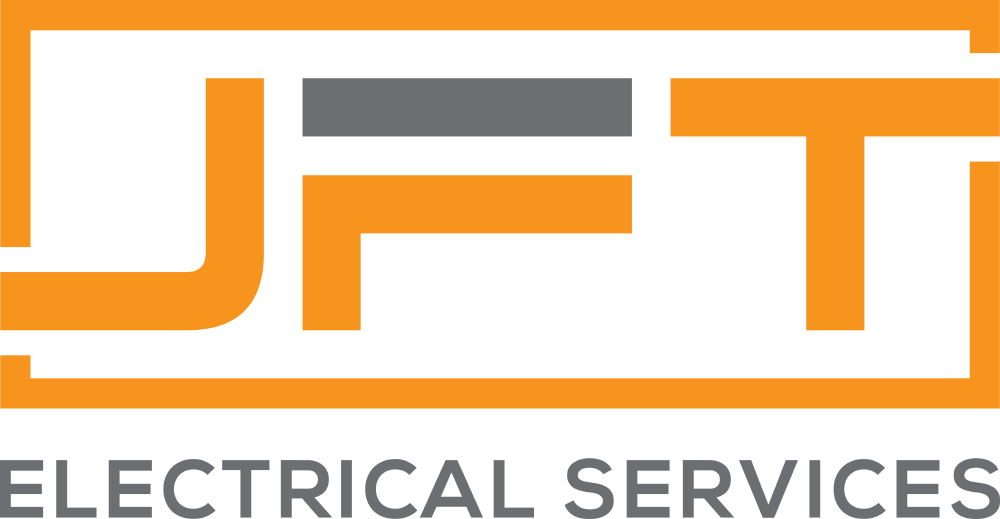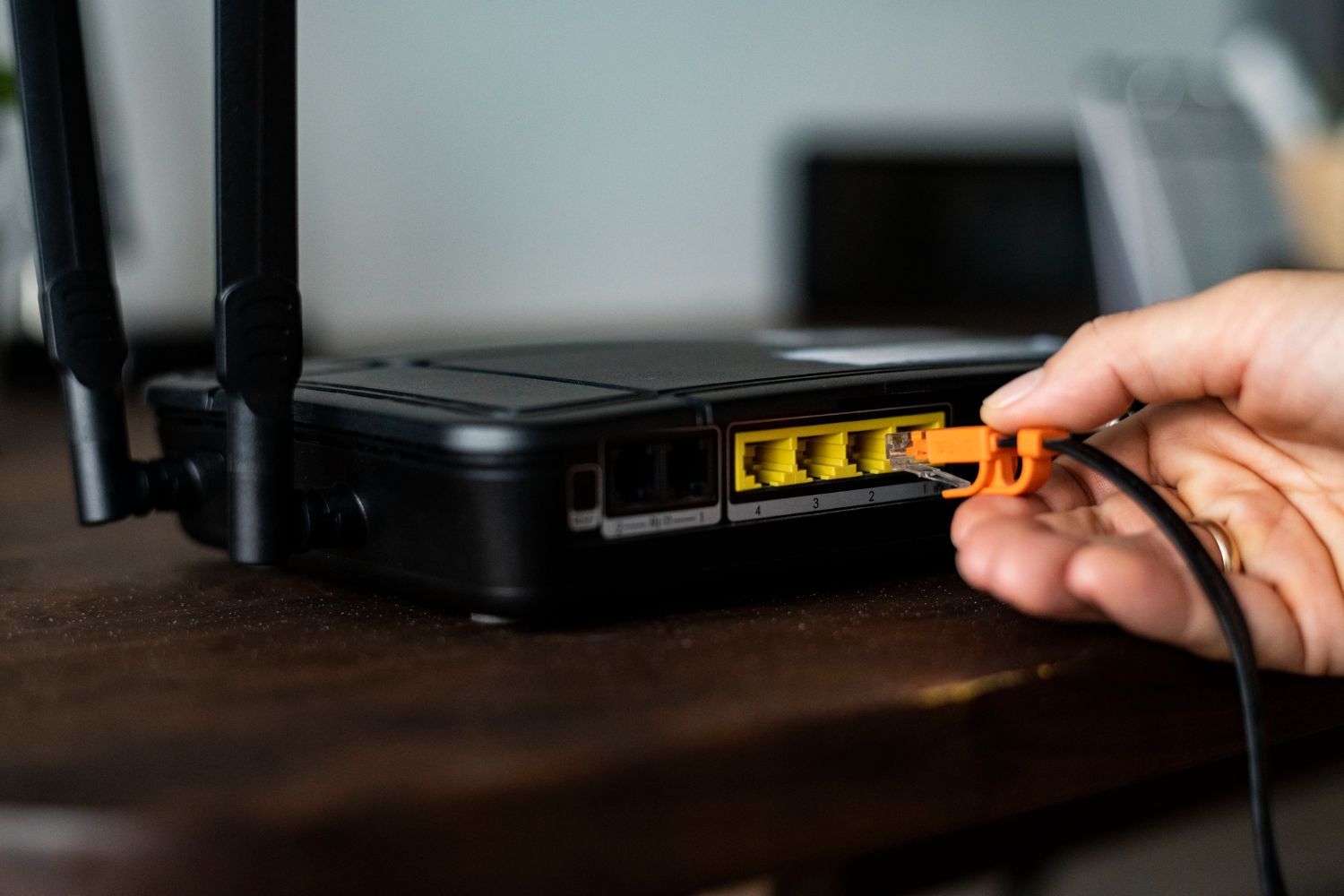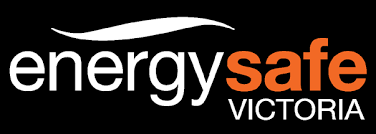The Importance of Electrical Safety Compliance for South East Melbourne Homes and Businesses
SHARE POSTS:
The P Francesca Foundation is committed to ensuring that deaf individuals have access to effective tools, advice, and services at critical stages throughout their lives. One of the most crucial aspects of personal development is education, and for deaf students, navigating the educational landscape can come with unique challenges. To overcome these challenges and support their overall development, educators should adopt innovative teaching strategies and educational approaches tailored to deaf students' diverse learning styles.
In this article, we will explore the importance of inclusive and effective education for deaf students and examine the various teaching strategies that address their unique talents, capabilities, and learning preferences. We will delve into how innovative approaches, such as visual learning techniques, bilingual education, and multi-sensory instructional methods, can foster meaningful learning experiences for deaf students.
Innovative Teaching Strategies for Deaf Students
Adapting teaching approaches and instructional methods to address deaf students' unique learning needs can significantly impact their educational experiences and academic success:
1. Visual Learning Techniques: Visual aids such as graphics, diagrams, and videos can help deaf students process and retain information more efficiently. Incorporating these visual resources within lesson plans can provide a more engaging and accessible learning experience for deaf students.
2. Bilingual Education: Combining instruction in both signed languages and written or spoken languages can strengthen deaf students' language proficiency and cognitive development. This approach helps students develop a strong foundation in both their native signed language and a secondary written or spoken language.
3. Multi-Sensory Instructional Methods: Utilizing instructional techniques that engage various senses, such as touch and movement, can foster active learning environments and cater to diverse learning styles.
Creating Inclusive Educational Environments
Promoting a sense of belonging, inclusivity, and academic success for deaf students starts by establishing an inclusive educational environment:
1. Deaf Role Models in Education: Featuring deaf role models within the classroom and school community can help deaf students feel a sense of belonging, inspiration, and affirmation in their educational pursuits.
2. Partnership Between Schools and Families: Fostering strong partnerships between educators and families can provide a supportive network for deaf students, ensuring they receive appropriate resources, accommodations, and understanding.
3. Supportive Communities for Deaf Students: Establishing supportive communities, including deaf clubs or extracurricular activities, can encourage social connections and personal growth for deaf students outside the classroom.
Continued Professional Development for Educators
Ensuring that educators have access to ongoing professional development opportunities and resources is essential for effectively teaching deaf students:
1. Deaf Education Training: Providing educators with training focused on deaf educational strategies, language instruction, and cultural considerations can enhance their ability to support the academic success of deaf students.
2. Collaborative Learning and Networking Opportunities: Encouraging educators to participate in collaborative learning experiences, such as workshops or conferences, can allow them to share ideas, best practices, and resources centered on deaf education.
3. Access to Educational Resources: Ensuring that educators have access to instructional materials, technologies, and other resources specifically designed for teaching deaf students can help them continually refine their teaching approaches and skills.
The Impact of Effective Deaf Education on Student Success
Inclusive and effective deaf education can open doors for success and personal development for deaf students:
1. Enhanced Academic Achievement: Deaf students who receive tailored and effective instruction are more likely to excel academically, laying the foundation for continued success in their future pursuits.
2. Strengthened Self-Esteem and Confidence: Receiving support and validation in their educational environment can empower deaf students and improve their self-esteem and confidence.
3. Expanded Opportunities: Deaf students who experience success in their education are better equipped to pursue further education, career opportunities, and personal development.
Conclusion
Innovative teaching strategies and educational approaches tailored to deaf students' unique learning needs have the power to foster meaningful learning experiences and support academic success. Creating an inclusive educational environment, prioritizing continued professional development for educators, and recognizing the importance of deaf role models in education all contribute to this goal.
The P Francesca Foundation is dedicated to ensuring that deaf individuals have access to effective tools, advice, and services throughout their lives, including their education. We unite the deaf community to inform, support, and empower one another to reach our full potential and flourish in all aspects of our lives. Learn more about the P Francesca Foundation's resources and initiatives aimed at enhancing deaf education and join our mission to create an empowered and accessible future for the deaf community.
RECENT POSTS:



